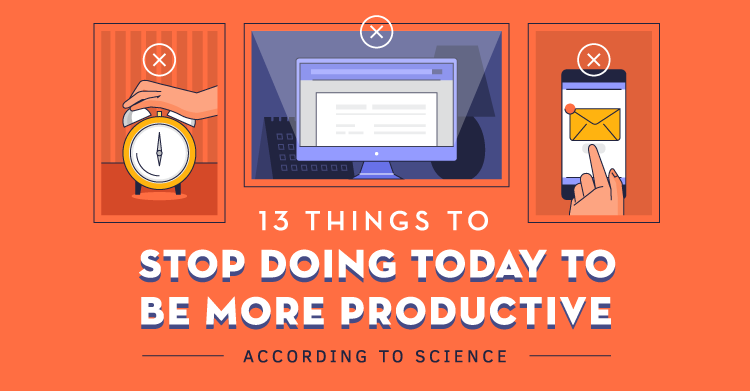Everybody wants to be more productive – but many of the efforts we make to be so are counterproductive. The working mind is a complex thing, and science has found that the most useful hacks for improving productivity are not always as intuitive as you might expect.
Multi-tasking is one such example. The celebrated Stanford University professor of communication Clifford Nass was a multitasking expert, and he set up a lab to experiment on so-called ‘chronic multi-taskers’ with a particular focus on those dividing their attention across multiple media.
“[O]ur brain can’t do two things at once,” Nass found. “It turns out multitaskers are terrible at every aspect of multitasking.
“They’re terrible at ignoring irrelevant information; they’re terrible at keeping information in their head nicely and neatly organized; and they’re terrible at switching from one task to another.”
Nass likened multitaskers to overflowing, disorganized file cabinets. And he very clearly pointed out that doing one thing at a time is a lot more efficient than the metaphorical or real tabs we keep flicking between in an attempt to be super-productive.
What should you do instead of multi-tasking? Close down unnecessary distractions – that includes any virtual conversations you have on the go in the background. Focus on one task at a time. And meditate regularly to train yourself to focus. Intensive meditation can help you improve your attention span and other cognitive powers.
We’ve identified thirteen such research-backed productivity-busting activities and suggested remedies to help you work efficiently and to a high standard without overreaching your deadlines. Some of these familiar behaviours may seem like good habits, but they’re just the reverse.
How many of these productivity mistakes are you guilty of? Change your working routine today and you’ll soon see your productivity levels soar.

Sources
- Schwartz, T. (2010). For Real Productivity, Less is Truly More. hbr.org
- Raised Square LLC. (2019). Stand Up! The Work Break Timer. raisedsquare.com
- Randomly RemindMe. jamesmorrisstudios.us
- Hawkins, S. (2016). The Dangerous Method, or “Can Procrastination Ever Be a Good thing?”. repositories.lib.utexas.edu
- Laber-Warren, E. (2018(. New Office Hours Aim for Well Rested, More Productive Workers. nytimes.com
- Carr, P. B. (2014). Cues of working together fuel intrinsic motivation. sciencedirect.com
- LiquidSpace. (2019). Online marketplace and workspace network for renting office space. liquidspace.com
- Scott, C. W. 2007. The Science and Fiction of Meetings. orgscience.uncc.edu
- Frontline 2009. Interview Clifford Nass. pbs.org
- Headspace. (2019). Guided Meditation and Mindfulness – The Headspace App. headspace.com
- Charbonneau, L. 2011. Perfectionist professors have lower research productivity. universityaffairs.ca
- Tomporowski, P. D. 2003. Effects of acute bouts of exercise on cognition. semanticscholar.org
- Kushlev, K. 2014. Checking email less frequently reduces stress. sciencedirect.com
- Bohon, C. 2018. How to manage notifications in iOS 12. techrepublic.com
- Hill, S. 2018. How to turn off notifications in Android. digitaltrends.com
- Swaminathan, N 2008. Why Does the Brain Need So Much Power? scientificamerican.com
- Yi-Nuo, S. 2012. Background music: Effects on attention performance. content.iospress.com
- Boubekri, M. 2013. Impact of Workplace Daylight Exposure on Sleep, Physical Activity, and Quality of Life. experts.illinois.edu
- Lang, S. S. 2004. Study links warm offices to fewer typing errors and higher productivity. cornell.edu


